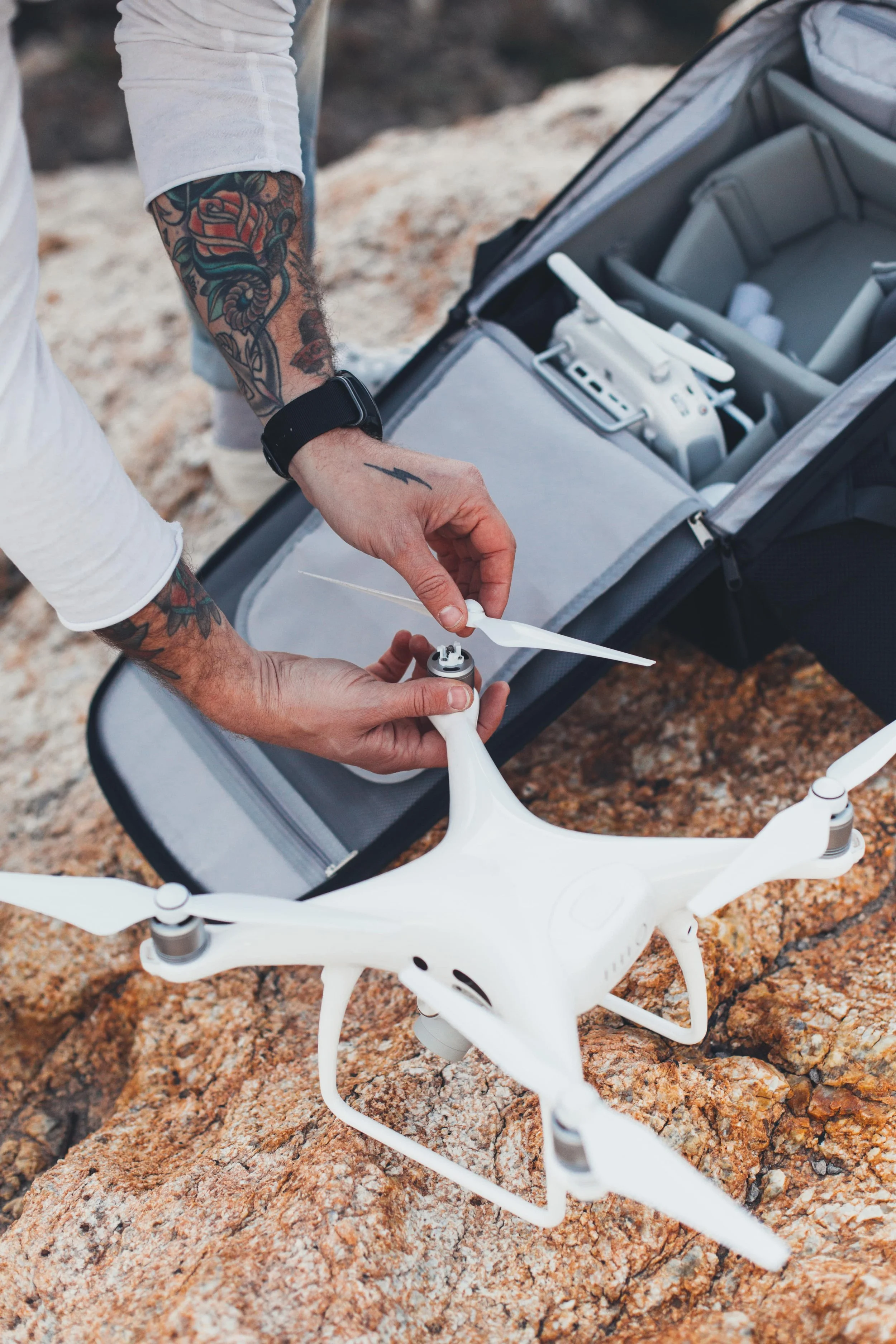From Accidents to Liability: Why Drone Insurance is Essential for Your Business and How to Select a Carrier
As drones become increasingly integral to industries like construction, agriculture, logistics, and entertainment, businesses are reaping the benefits of enhanced efficiency and innovation. However, with the rise in drone usage comes the potential for accidents, damages, and legal liabilities. In 2024, drone insurance is no longer optional—it’s a critical safeguard for businesses operating drones. At Raising Drones, we’re here to explain why drone insurance is essential and how to choose the right carrier to protect your business.
The Growing Need for Drone Insurance
Drones are powerful tools, but they are not immune to accidents. From equipment malfunctions and operator errors to unexpected weather conditions, the risks associated with drone operations are significant. According to a 2023 report by the Federal Aviation Administration (FAA), drone-related incidents increased by 25% compared to the previous year, highlighting the importance of proper insurance coverage.
For businesses, the financial consequences of drone accidents can be severe. Damages to property, injuries to third parties, or loss of expensive equipment can result in costly lawsuits and operational disruptions. Drone insurance provides a safety net, covering these risks and ensuring your business can continue to operate smoothly.
Types of Drone Insurance Coverage
When selecting drone insurance, it’s important to understand the different types of coverage available. Here are the most common options:
1. Liability Insurance
Liability insurance covers damages or injuries caused by your drone to third parties or their property. For example, if your drone crashes into a building or injures a bystander, liability insurance will cover the associated costs.
In 2024, liability insurance is mandatory for commercial drone operators in many countries, including the U.S. and the European Union. The minimum coverage requirements vary by region, so it’s essential to check local regulations.
2. Hull Insurance
Hull insurance covers damages to your drone itself, whether due to accidents, theft, or vandalism. This type of coverage is particularly important for businesses using high-end drones, which can cost thousands of dollars to replace or repair.
3. Payload Insurance
Payload insurance covers the equipment attached to your drone, such as cameras, sensors, or delivery packages. If your drone’s payload is damaged or lost during a flight, this coverage ensures you can recover the costs.
4. Personal Injury Insurance
Personal injury insurance protects your business from claims related to privacy violations or defamation. For instance, if your drone inadvertently captures footage of private property or individuals without consent, this coverage can help mitigate legal risks.
Why Drone Insurance is Essential for Your Business
1. Legal Compliance
Many countries require commercial drone operators to have liability insurance. In the U.S., the FAA mandates liability coverage for businesses using drones, while the European Union’s U-Space regulations impose similar requirements. Failure to comply can result in fines, penalties, or even the suspension of your operations.
2. Financial Protection
Drone accidents can lead to significant financial losses, from repairing or replacing damaged equipment to settling legal claims. Insurance ensures your business is protected from these unexpected expenses, allowing you to focus on growth and innovation.
3. Enhanced Credibility
Having drone insurance demonstrates professionalism and responsibility, which can enhance your credibility with clients and partners. Many businesses require proof of insurance before hiring drone operators, making it a key factor in securing contracts.
4. Peace of Mind
Operating drones comes with inherent risks, but insurance provides peace of mind. Knowing that your business is protected allows you to focus on achieving your goals without worrying about potential liabilities.
How to Select a Drone Insurance Carrier
Choosing the right insurance carrier is just as important as selecting the right coverage. Here are some factors to consider when making your decision:
1. Reputation and Experience
Look for carriers with a proven track record in drone insurance. Companies like Global Aerospace, SkyWatch.AI, and Verifly are well-established providers with expertise in the drone industry.
2. Coverage Options
Ensure the carrier offers the types of coverage your business needs, such as liability, hull, and payload insurance. Some carriers also provide specialized policies for industries like agriculture, construction, or filmmaking.
3. Customization
Every business is unique, so choose a carrier that offers customizable policies tailored to your specific operations and risks.
4. Claims Process
A smooth and efficient claims process is crucial in the event of an accident. Research the carrier’s reputation for handling claims and read reviews from other drone operators.
5. Cost
While cost shouldn’t be the only factor, it’s important to find a policy that fits your budget. Compare quotes from multiple carriers to ensure you’re getting the best value for your money.
Real-World Examples of Drone Insurance in Action
- Construction: A construction company using drones for site inspections experienced a crash that damaged both the drone and a client’s property. Thanks to their liability and hull insurance, the company avoided significant financial losses and maintained a positive relationship with the client.
- Agriculture: A farmer using drones for crop monitoring lost an expensive multispectral camera due to a technical malfunction. Payload insurance covered the cost of replacing the equipment, allowing the farmer to continue operations without disruption.
- Filmmaking: A film production team accidentally captured footage of private property without consent. Personal injury insurance helped cover the legal costs and prevented a potential lawsuit.
Don’t let accidents ground your business. Protect your operations with drone insurance and soar to new heights!
Sources:
- Federal Aviation Administration (FAA), "Drone Incident Report 2023"
- European Union Aviation Safety Agency (EASA), "U-Space Regulations and Insurance Requirements"
- Global Aerospace, "Drone Insurance Solutions for Businesses"
- SkyWatch.AI, "On-Demand Drone Insurance Coverage"
- Verifly, "Customizable Drone Insurance Policies"
- PwC, "The Economic Impact of Drone Insurance"
- Case Studies: Construction, Agriculture, and Filmmaking Industries

